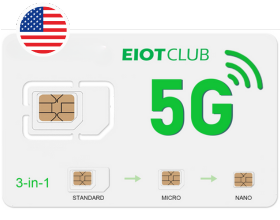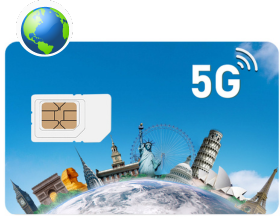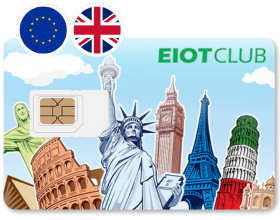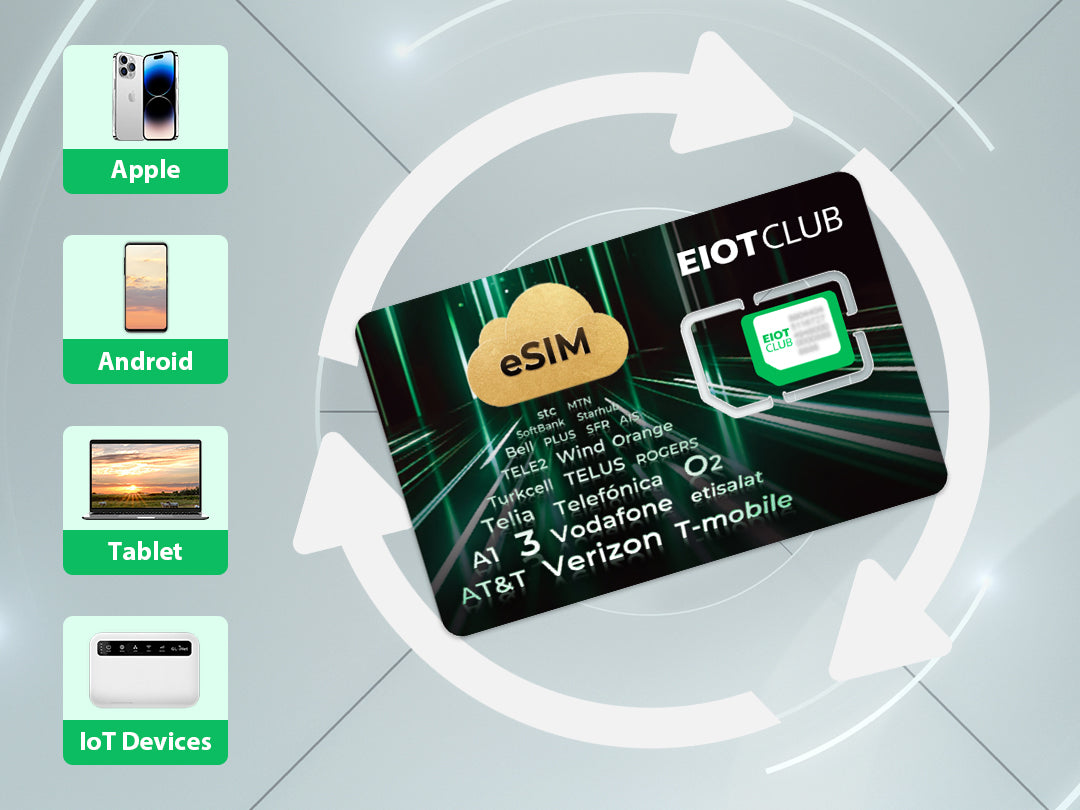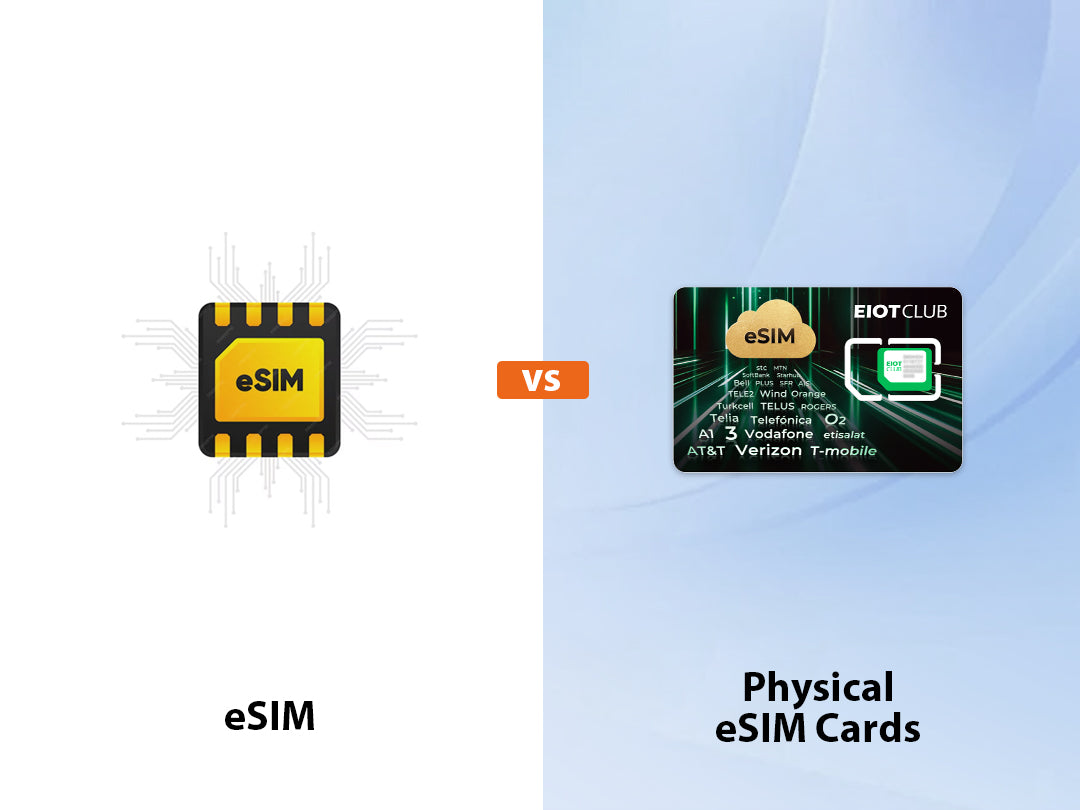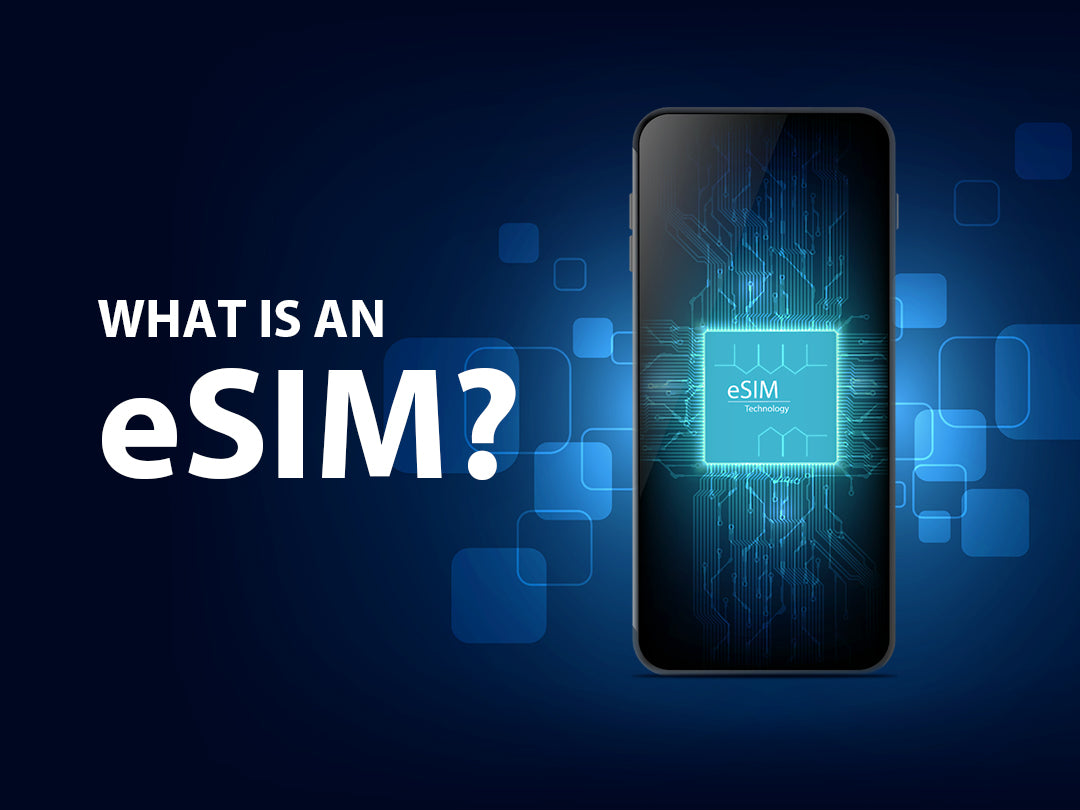How Much Data Do I Need For Travel Abroad
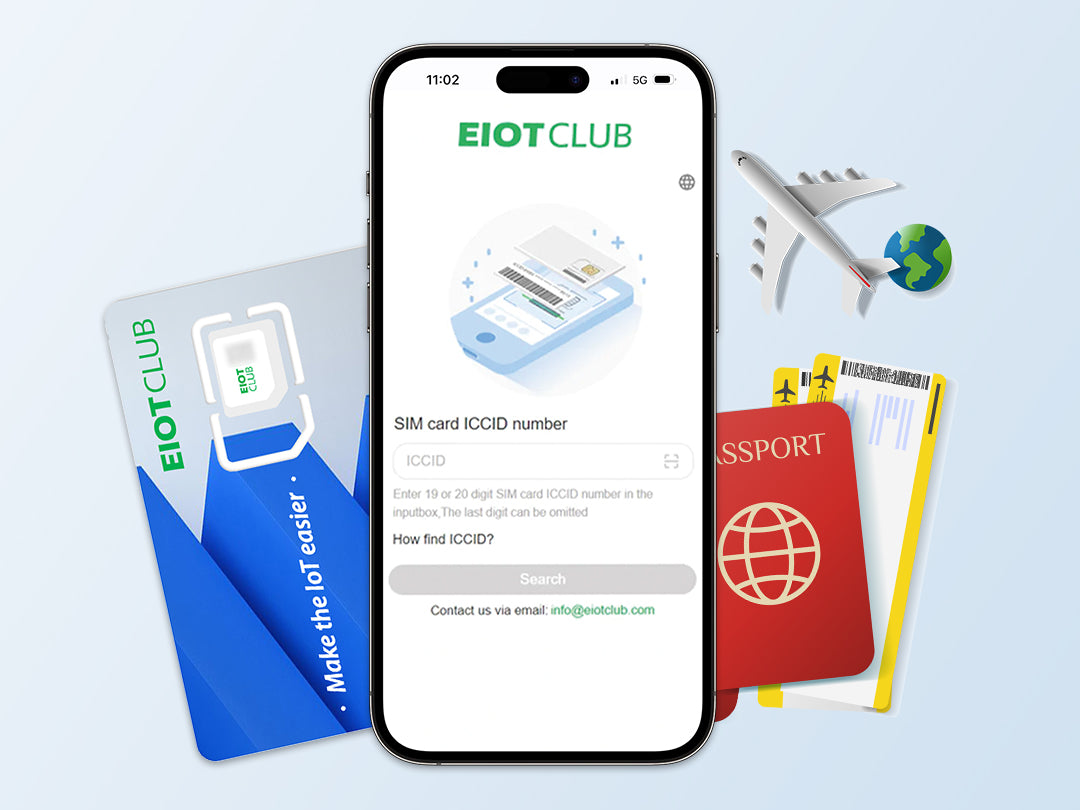
The United Nations World Tourism Organization reports that international tourism rebounded to 88% of pre-pandemic levels with 1.3 billion travelers in 2023, with more expected in 2024.
As people become increasingly reliant on their smartphones for navigation, social media, communication, and streaming, a pressing question arises: how much data do you need when traveling internationally?
In this blog, we'll look at the factors that influence data usage, typical consumption for various activities, and tips to ensure you stay connected without running out of data.
Key Factors That Determine Data Usage
Your data consumption while traveling depends on a few key factors:
- Destination: Some countries, especially in Europe, have excellent Wi-Fi coverage, while others may force you to rely more heavily on mobile data.
- Duration of Stay: The longer you’re abroad, the more data you’ll need. A weekend trip requires much less than a two-week vacation.
- Activities: Your daily digital habits play a huge role. Streaming movies or music, browsing the web, or constantly checking social media can rapidly increase your data usage.
Typical Data Usage Activities
Here’s a table that consolidates the data consumption for common travel activities:
|
Activity |
Data Usage |
|
GPS & Maps |
2-10MB per hour |
|
Social Media |
300-500MB per hour (browsing) |
|
Streaming Music |
100MB per hour |
|
Streaming Video (SD) |
300MB per hour |
|
Streaming Video (HD) |
3GB per hour |
|
Streaming Video (4K) |
7GB per hour |
|
Emails & Messaging |
1-2MB per message or email |
|
Searching Directions |
500KB per search |
*Note: These are rough estimates; actual data usage may vary based on specific app settings and usage conditions.
How to Estimate Your Data Needs
Estimated Data Usage for Different User Types Over One Week:
|
User Type |
1 Week |
Activities |
|
Light Users |
1-3GB |
Web browsing, emails, messaging, occasional GPS. |
|
Medium Users |
5-10GB |
Social media, GPS, light streaming, photo sharing. |
|
Heavy Users |
10GB+ |
HD video streaming, video calls, remote work. |
Average Data Usage for Different Trip Durations:
|
Trip Duration |
Estimated Data Usage |
Usage |
|
Weekend Getaway (3-5 days) |
1-3GB |
GPS, light social media, occasional browsing. |
|
Short Vacation (7-10 days) |
3-5GB |
Frequent social media, photo uploads, GPS, light streaming. |
|
Extended Trip (15+ days) |
10GB+ |
Streaming, video calls, remote work, constant connectivity. |
*Note: These estimates provide a general idea based on user type and trip duration, but individual needs may vary.
Tips to Manage and Reduce Data Usage While Traveling
- Leverage Free Wi-Fi: Whenever possible, connect to free Wi-Fi in cafes, airports, or hotels. This is especially useful for streaming or uploading content.
- Download Content in Advance: Download music, movies, and podcasts before your trip to avoid using data for streaming.
- Use Offline Maps and Apps: Google Maps allows you to download maps for offline use, which can save a lot of data when navigating abroad.
- Data-Saving Modes: Many apps have a data-saving mode. For instance, you can set Instagram to only download media when you’re on Wi-Fi.
To further limit mobile data use, you can set data usage limits on your phone.
For iPhone:
- Go to Settings > Cellular > Mobile Data
- Tap your SIM or eSIM
- Turn on Low Data Mode
For Android:
- Go to Settings > Connections > Data Usage
- Tap Data Saver
- Turn on Data Saver
Choosing the Right Data Plan for Your Travels
Selecting the right data plan is key to staying connected and avoiding extra costs. Here are three options to consider:
- Local SIM Cards: Best for those staying in one country. They typically offer affordable data rates and are widely available.This is ideal for longer stays but can be inconvenient if you don’t want to change your number
- Global SIM Cards: Perfect for travelers visiting multiple countries, providing seamless connectivity without the need to swap SIMs. It’s a convenient and cost-effective choice for frequent travelers.
- eSIMs: A hassle-free option that eliminates the need for physical SIM cards. You can download and switch data plans directly on your phone, making it ideal for multi-country trips.
By weighing these options, you can choose the best plan for your travel needs, ensuring you stay connected no matter where your journey takes you.
Data Plans that May Interest You
If you're planning your next trip, choosing the right Data SIM card is crucial. Here are some of our top recommendations about:
1. EIOTCLUB × EIOTMART SIM Cards for Global Travel
2. EIOTCLUB × EIOTMART Europe SIM Cards
Visit EIOTMART to explore these and other data plans that suit your travel needs and stay connected no matter where you are.
Conclusion:
Planning your data usage in advance can make all the difference in staying connected and stress-free during your trip. By understanding your consumption habits and preparing accordingly, you can avoid running out of data or facing unexpected fees.
Whether you’re on a short weekend getaway or an extended international adventure, there’s a data plan that fits your needs. Choose wisely, and enjoy a seamless, connected experience on your travels!
